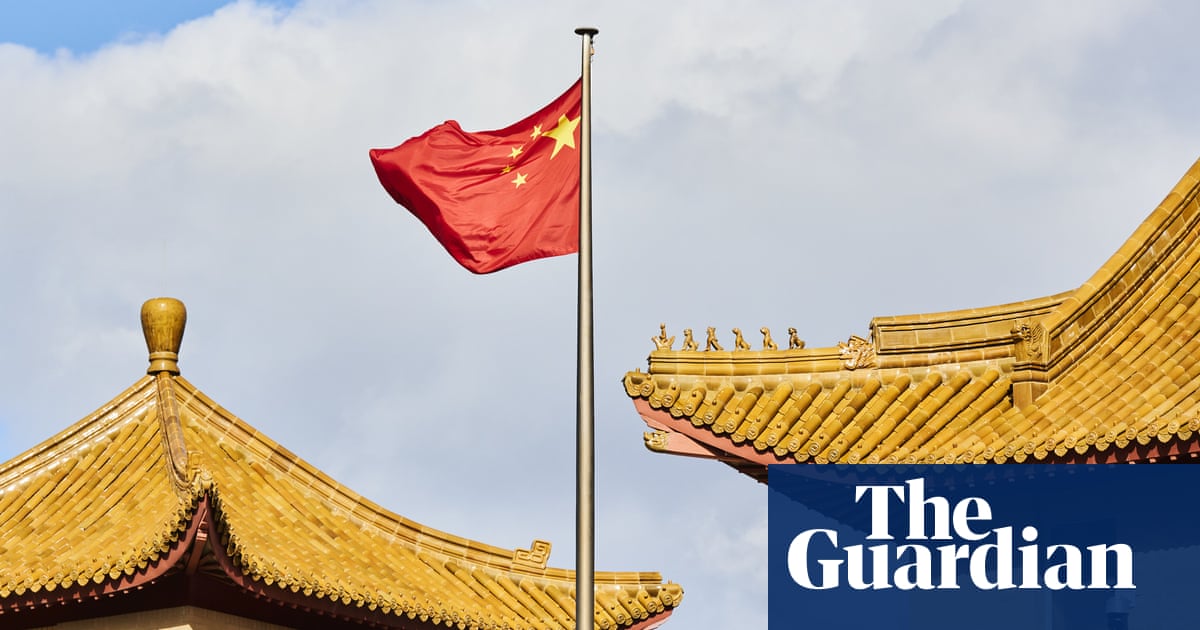China is angry with the new American law, Uyghur Forced Labor Prevention Act (ULFPA), that asks foreign companies to document that their imports are not sourced from forced labor in China’s Xinjiang Uyghur Autonomous Region (XUAR).
The Act, signed into law by President Joe Biden on December, 23, 2021, came into force on January, 14. It bans imports from Xinjiang and imposes sanctions on foreign individuals responsible for forced labor in the region.
A key feature of the Act is the creation of a rebuttable presumption that all goods manufactured even partially in the XUAR are the product of forced labor and therefore not entitled to entry at US ports. The Act also builds on prior legislation, such as 2020’s Uyghur Human Rights Policy Act, by expanding that Act’s authorization of sanctions to cover foreign individuals responsible for human rights abuses related to forced labor.
Importantly, the UFLPA “creates a rebuttable presumption that any product with any nexus with Xinjiang or with trafficked Uyghurs is made with forced labor” and this “means that an import that is produced in a third country but includes a component from Xinjiang is also subject to the prohibition”. To overcome this presumption, an importer will have to establish by clear and convincing evidence that an import was not made using forced labor, according to Bloomberglaw.
The law, including the rebuttable presumption provision,will take full effect on June 21. At the same time, the Department of Homeland Security has issued a notice “seeking comments on how best to ensure merchandise produced with forced labor is not imported into the US”.
What does this mean for companies sourcing goods from China? According to Bloomberglaw, “they will have to immediately undertake a wholesale review of their supply chains to determine whether any goods they import are made with forced labor in China, all the way back to the raw materials”.
The ULFPA covers not only parts and components purchased from US and foreign suppliers, goods from second and third-tier suppliers are also covered.
“Government import restrictions on goods made with forced labor are not new and provide a roadmap on how US Customs and Border Protection” will enforce the UFLPA.
The background of ULFPA is: “In 2016, Congress passed legislation prohibiting the import of merchandise made in whole, or in part, in any foreign country by forced labor, including forced child labor. This law resulted in US Customs issuing ‘Withhold Release Orders’ on particular goods and/or regions when information ‘reasonably, but not conclusively’, indicates that merchandise made with forced labor is being imported. Xinjiang cotton and tomatoes have been a particular target of the WRO process.”
Then came the UFLPA, which received widespread bipartisan support in Congress, and is the “latest in a line of US efforts to address the plight of Uyghurs and other persecuted minority groups in China’s Xinjiang Uyghur Autonomous Region”.
In recent years, the American Department of Homeland Security joined the US Departments of State, Treasury and Commerce to issue a joint advisory warning of “heightened risks of forced labor for businesses with supply chain exposure to the XUAR”. The Americans also “emphasized eliminating forced labor in supply chains through its international obligations”. The 2020 United States-Mexico-Canada Agreement (“USMCA”) “required each party to this free trade agreement to ‘prohibit the importation of goods into its territory from other sources produced in whole or in part by forced or compulsory labor’.”
American law firm Gibson Dunn said: “To carry out this obligation, President Trump issued an executive order in May 2020 establishing the Forced Labor Enforcement Task Force (FLETF), chaired by the Secretary of Homeland Security and including representatives from the Departments of State, Treasury, Justice, Labor, and the Office of the US Trade Representative. The implementing bill of the USMCA requires the FLETF to serve as the central hub for the US government’s enforcement of the prohibition on imports made through forced labor.”
The UFLPA’s scope is broad, Gibson Dunn said, which includes “instructing US Customs and Border Protection to presume that ‘any goods, wares, articles, and merchandise mined, produced, or manufactured wholly or in part in’ the XUAR were made with forced labor and are therefore unfit for entry at any US ports.
This presumption “extends also to goods, wares, articles, and merchandise produced by a variety of entities identified by the FLETF”, including “entities that work with the XUAR government to recruit, transport, or receive forced labor from the XUAR, as well as entities that participate in ‘poverty alleviation’ and ‘pairing-assistance’ programs in the XUAR”.
The UFLPA also “amends the Uyghur Human Rights Policy Act of 2020 to underscore that sanctions may be imposed due to ‘serious human rights abuses in connection with forced labor’ related to the XUAR. The sanctioned individuals “will be subject to asset blocking, as provided under the International Emergency Economic Powers Act, as well as the revocation or denial of visas to enter the United States”.
According to the law firm’s analysis, the Act “does not specify what types of evidence might suffice to establish by clear and convincing evidence that goods are not the product of forced labor” and instead, it “charges the FLETF with publishing an enforcement strategy containing, among other things, ‘guidance to importers with respect to . . . the type, nature, and extent of evidence that demonstrates that goods originating in the People’s Republic of China . . . were not mined, produced, or manufactured wholly or in part with forced labor’”.

Leave a Reply